How Duty of Care in Security Can Safeguard Your Employees and Your Company
Let's get straight to the point: safeguarding your people, places, and digital assets isn't just a good idea—it's a non-negotiable legal requirement known as Duty of Care.
Duty of Care is more than a buzzword; it's a make-or-break issue for companies of all sizes. It's the legal responsibility that organizations carry to prevent foreseeable harm to individuals due to acts or omissions. When a company neglects this duty, acting recklessly or negligently, it opens itself up to a world of trouble. From legal consequences to financial liabilities and damage to reputation, the stakes are high Security systems such as the Honeywelll’s Pro-Watch® Integrated Security Suite can help assist Duty of Care responsibilities.
Legal Jargon or Real Consequences?
Beyond the legal jargon, Duty of Care is about tangible implications. It's about recognizing that if harm could have been prevented, and it wasn't, the company is in hot water. Inadequate security measures are a prime example of how a company can fall short of its duty, exposing itself to legal, financial, and reputational risks.
Several high-profile cases underscore the tangible implications of inadequate security measures. Take the 2013 Target data breach, where inadequate cybersecurity led to the compromise of millions of customer records. Beyond the legal settlements and financial fallout, Target's reputation took a significant hit, and customer trust was damaged.
In a more recent example, a major financial institution faced severe consequences when a lack of physical security measures led to a series of high-profile heists. The financial penalties, legal battles, and the erosion of customer confidence were stark reminders that Duty of Care encompasses not just digital assets but also the physical security of locations.
Duty of Care isn't just about meeting legal requirements; it's about protecting your company from the fallout of preventable harm. In both examples, the companies, employees, and consumers associated with each breach in security were harmed.
Proactive Risk Mitigation
Cutting corners when it comes to security is a surefire way to compromise Duty of Care, which is why products such as Honeywell’s Pro-Watch® Integrated Security Suite are needed to help identify potential threats and then take swift action to address them. From physical security vulnerabilities to cyber threats, a comprehensive risk assessment is the first line of defense.
This effort isn't a one-department affair; it's a companywide mission, starting from the C-Suite and reaching down to ensure the protection of people, facilities, and other assets. Establish seamless communication channels across all departments—medical, legal, travel, public affairs, risk management, finance, and any other relevant players in the Duty of Care game. To navigate the intricacies of such a comprehensive effort, having a skilled facilitator is non-negotiable. At SAGE Integration, our leaders are specially trained for this level of engagement. (Spoiler alert: many integrators miss the mark here.)
Get up close and personal with your company's security landscape. Dig into its strengths and weaknesses. Unearth any past security breaches and propose robust solutions to prevent history from repeating itself. And here's the kicker: document everything. In the intricate web of state and national Duty of Care laws, documentation serves as a critical defense. Once you've done your detective work, prioritize risks based on their likelihood and potential impact, covering everything from active shooter scenarios to the wrath of natural disasters. Plan meticulously and allocate your budget wisely for security infrastructure investments. When choosing an integrator, opt for one that can strategically and efficiently weave together cyber and physical protections.
Finally, let's talk policies. Formalize your manual to outline employee roles in the event of an emergency. But don't stop there—build in regular drills and ongoing employee training to ensure everyone is in the know. Remember, Duty of Care is not a one-and-done deal; it's an ongoing commitment, and your strategic plan should reflect that commitment in every detail.
Embrace Tech, Empower Employees
Modern challenges require modern solutions. Duty of Care in security integration systems goes beyond traditional measures. Embracing advanced technologies, from AI-driven surveillance to state-of-the-art access control systems, is a strategic move. It's not just about meeting the status quo; it's about staying one step ahead of potential threats.
Your employees are your first line of defense. Ensuring they are well-trained and aware of security protocols is crucial. Duty of Care extends to fostering a culture of security within the workforce. From regular training sessions to creating awareness about cybersecurity threats, an informed and vigilant workforce is an asset.
In the realm of security integration systems, Duty of Care isn't a luxury—it's a necessity. The legal, financial, and reputational consequences of neglecting this duty are substantial. By adopting best practices, embracing technological advancements, and staying attuned to emerging challenges, organizations can fortify their security integration systems. Duty of Care is a commitment to creating a secure environment, and in today's fast-paced and interconnected world, it's a commitment that can't be ignored.
As security integrators and Honeywell security partners, we work with a diverse client base to help protect your people, places, systems, and assets so that your Duty of Care efforts are top notch.
Stay safe.
